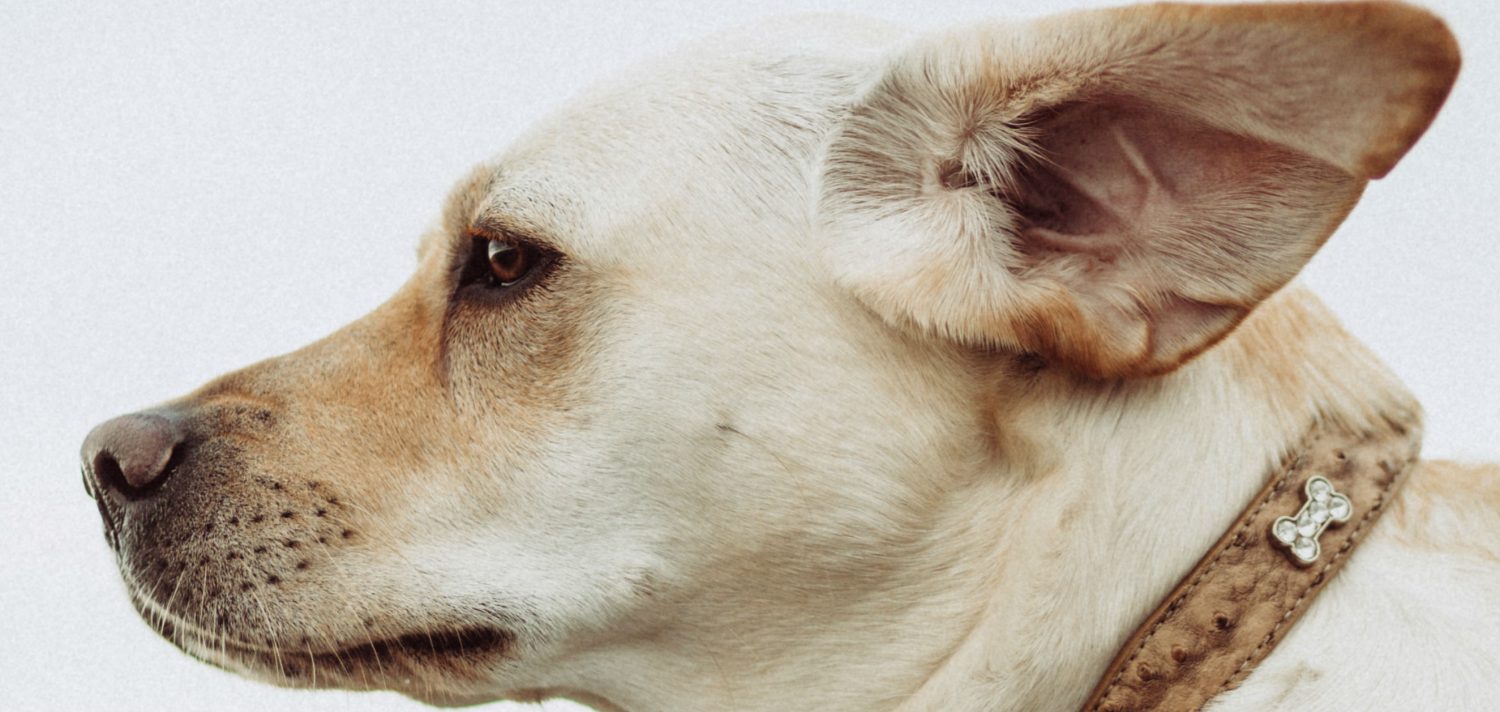What are some suggestions for treating ear infections in dogs?
Original Question: My Boxer keeps scratching her ears and we have tried eardrops, antibiotics and even rinsed and dry them but nothing seems to help. What else can we try? - Rebecca
 Apr 24, 2018
Apr 24, 2018
Hi Rebecca,
Thanks for your question. I have always enjoyed conquering tough ear infections!
My first suggestion is to perform a culture and sensitivity. This is a test where your veterinarian will swab the ear and it will grow the bacteria that are present. It then exposes the bacteria to various antibiotics to determine the specific antibiotic that will kill them. Then ask your veterinarian to have an ear medication made from a compounding company with those identified antibiotics. A really important point is to make sure that you have them look for yeast as well. This may not show up in a culture, and yeast often causes chronic ear infections that do not resolve with antibiotics. If it is present, have them add an anti-fungal medication to the eardrops. They can also add an anti-inflammatory agent to it as well.
I recommend you use the eardrops for a minimum of 6 weeks if your veterinarian agrees. Have the ears monitored and re-checked regularly, such as every 2 weeks to make sure they are progressing properly and changes can be made if they aren’t. I often put my patients on oral antibiotics as well during this time.
Lastly, make sure you are doing proper ear cleans. Have the registered veterinary technicians at your clinic demonstrate this as this is vital to resolving the issue.
Our “7 Key Strategies to Treating Ear Infections” goes over all these points thoroughly and includes other considerations and advice. I think if you work through it, you will have success.
Best of luck,
Dr. Clayton Greenway
Disclaimer: healthcareforpets.com and its team of veterinarians and clinicians do not endorse any products, services, or recommended advice. All advice presented by our veterinarians, clinicians, tools, resources, etc is not meant to replace a regular physical exam and consultation with your primary veterinarian or other clinicians. We always encourage you to seek medical advice from your regular veterinarian.

